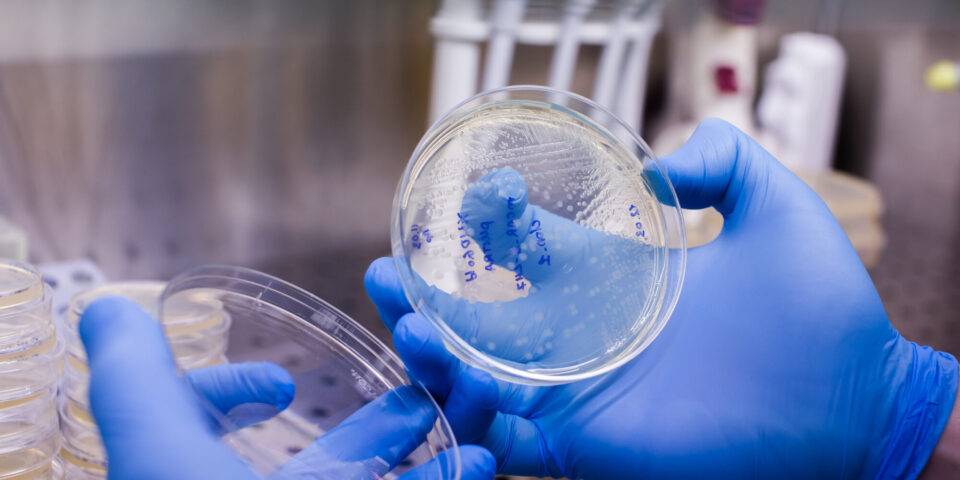CAR-T cell therapy: Is it effective?
The idea of training our immune systems to target cancer cells for destruction seems like science fiction, but with CAR-T cell therapy, it’s become a reality. We spoke with Suzanne Fanning, DO, on CAR-T cell therapy, whether it’s effective and how to know if it’s the right treatment choice for you.
What is CAR-T cell therapy?
Chimeric antigen receptor (CAR) T-cell therapy is a new treatment process where a patient’s T-cells, a type of white blood cell, are removed, genetically engineered to fight a specific cancer or disease and then reinfused into their body.
“I like to explain it by asking patients to imagine that in your body right now you have an army of 100 T-cells to fight your cancer,” says Dr. Fanning. “After those T-cells are submitted to the company, genetically engineered and later returned, you now have an army of millions of T-cells to combat your cancer instead.”
Who is a candidate for CAR-T cell therapy?
“Certain kinds of blood cancers are more common in patients at older ages,” Dr. Fanning says. “The good news about treatment of this patient population is that there have been advances made so that patients who are older can still receive lifesaving therapy with transplantation.”
This form of treatment has also been shown to be ideal for candidates looking to achieve full remission with relapsing, treatment-unresponsive chronic lymphocytic leukemia (CLL). It’s highly effective for certain types of blood cancers, particularly those that are hard to treat or have resurfaced after previous treatments.
If you’re interested in finding out whether CAR-T cell therapy might be right for you, speak with your oncologist or medical team.
What is the process for receiving CAR-T cell therapy?
Specialized apheresis nurses manage the collection of T-cells, while logistics staff ensure that the cells are safely transported to biotechnology partners for genetic modification.
Once the cells are genetically modified and pass all quality metrics, CAR-T cells return, hospital-based infusion teams prepare patients for reinfusion, closely monitoring for side effects like cytokine release syndrome and neurotoxicity, which are potentially serious but treatable. Afterwards, your care team will continue to work with you to optimize recovery, manage symptoms and monitor remission.
Is CAR-T better than other immunotherapies?
“CAR-T cell therapy has an extraordinary potential to treat advanced blood cancers,” said Dr. Fanning. “Clinical trials have shown evidence that CAR-T cell therapy led to remission in many patients, including some whose disease had resisted prior treatments.”
According to the National Institutes of Health, Car-T therapies have eradicated leukemia in most children with relapsed acute lymphoblastic leukemia (ALL), delivering long-term remission and the hope of a cure. In trials for aggressive lymphomas, some CAR-T treatments produced remissions in nearly 80% of patients, with many remaining cancer-free years later.
Is CAR-T cell therapy effective?
“CAR-T cell therapy is highly effective,” said Dr. Fanning. “It transforms a patient’s own immune system into a form of targeted treatment by engineering T-cells to recognize specific antigens. When you receive this form of therapy, your own white blood cells are able to seek out and destroy cancer cells with remarkable precision.”
Once these modified cells are infused back into the patient, they multiple, creating new T-cells that already know what to watch for. This helps provide long-term protection.
“CAR-T cell therapy is a kind of living treatment that is especially impactful for patients whose cancers resisted standard lines of treatment,” said Dr. Fanning. “For some people who have faced previous therapies that just weren’t effective, CAR-T can offer a ray of hope.”
Find a doctor
Whether you’re looking for a primary care physician or need to see a specialist, we’re here to help with experienced, compassionate care near you.
Find a Doctor

